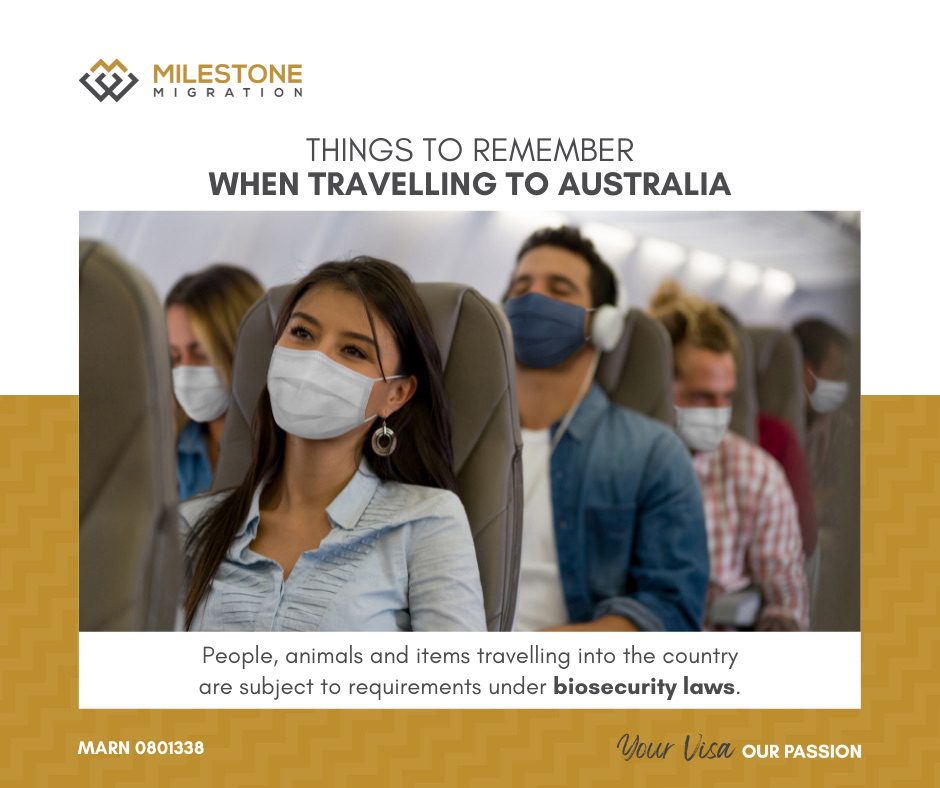Quarantine rules in some Australian regions have been relaxed since November 1, leading to an influx of international travellers who are Australian citizens, permanent residents, and their immediate families. Soon enough, it will be everyone.
It is important to not be complacent, especially on biosecurity laws. Here are the things to remember when travelling or sending goods to Australia during Covid-19.
CHECK REQUIREMENTS
People, animals and items travelling into the country are all subject to requirements. Check the list of allowed items before bringing or mailing goods to Australia. For imports, check the Biosecurity Import Conditions system (BICON).
DECLARE ITEMS
These include food, plant material, and animal products; footwear, clothes and equipment that have been in contact with animals or used in rural areas, as well as other items listed on your Incoming Passenger Card.
COMPLY
Failing to comply with the Australian biosecurity laws have serious consequences such as an infringement notice of up to $2,664 and cancelled visas for international travellers.
To learn more about what you can and can’t bring to Australia, visit www.awe.gov.au/travelling
All arrivals to Australia are still required to present a negative PCR test taken within 72 hours of arrival and a COVID-19 vaccination certificate from a health authority.
Some passengers may present a test taken within 96 hours of departure if they are departing from the following countries:
- Belize
- Cook Islands
- Federated States of Micronesia
- Fiji
- French Polynesia
- Marshall Islands
- Nauru
- New Caledonia
- Palau
- Papua New Guinea
- Timor-Leste
- Wallis and Futuna
* List will be updated as local circumstances change.
Read the complete guide on the Coming to Australia | COVID-19 and the border (homeaffairs.gov.au) website.
